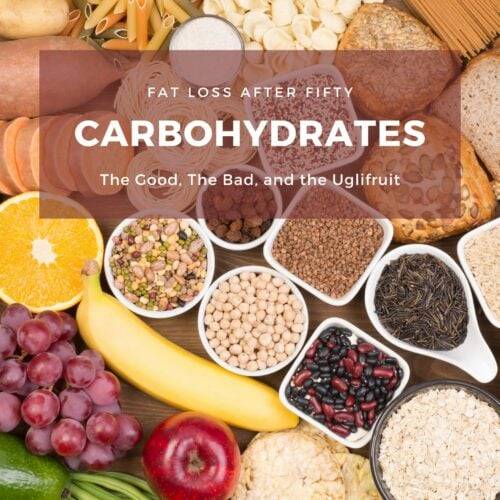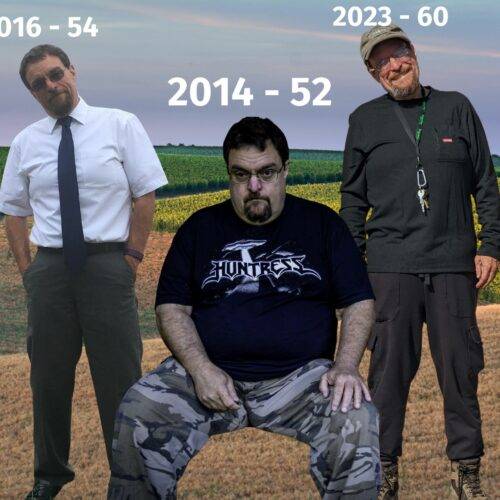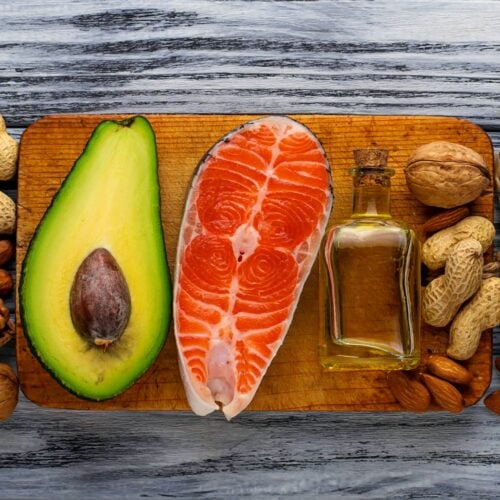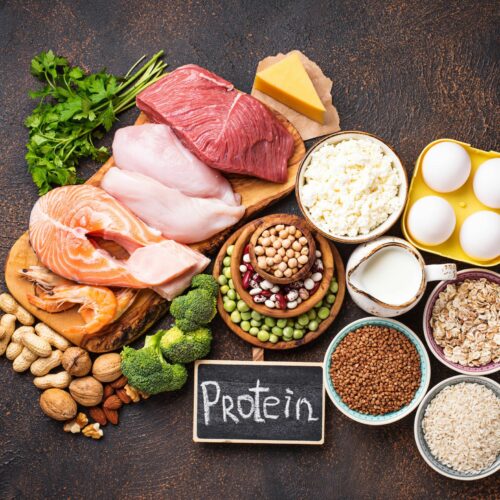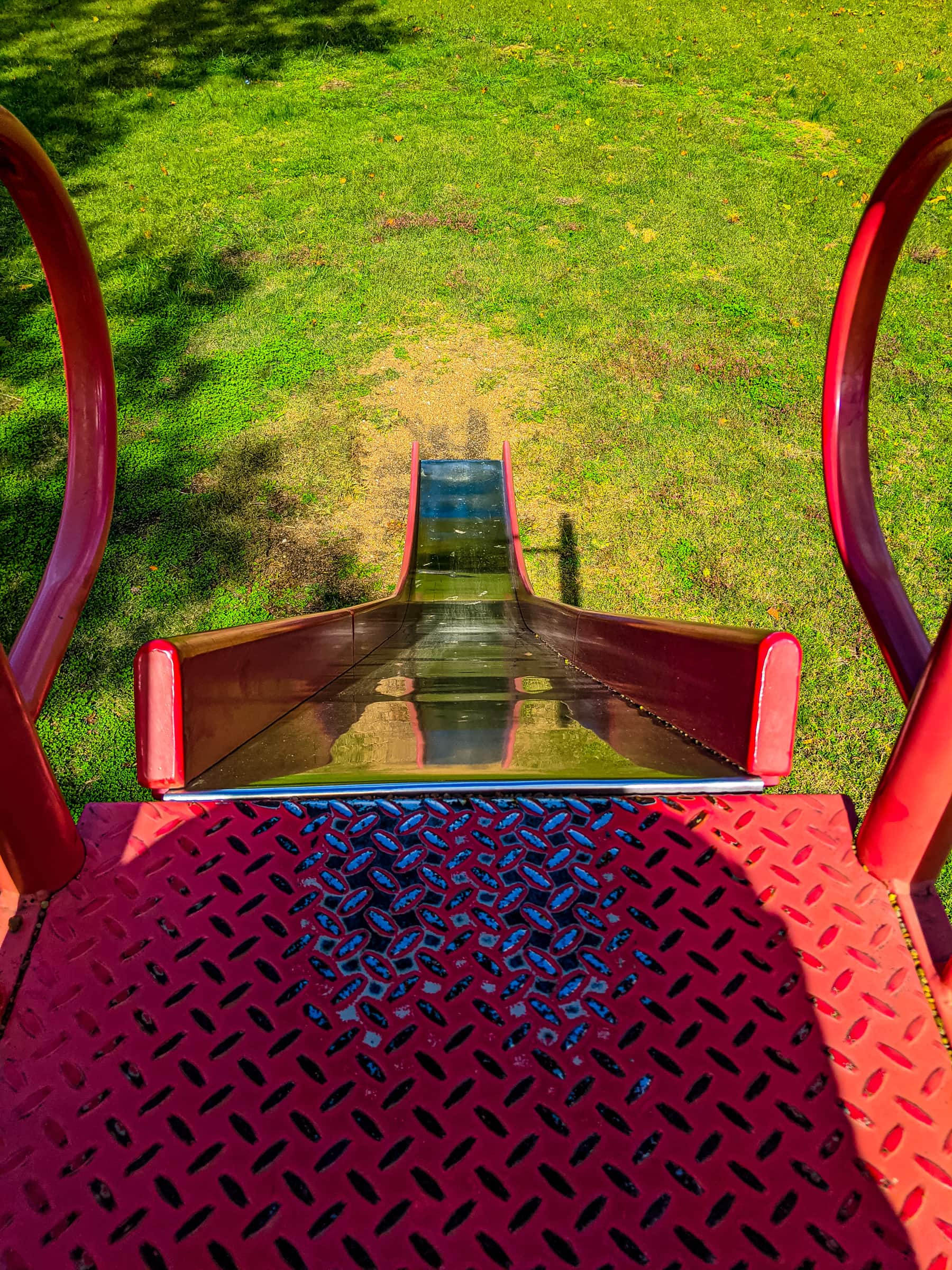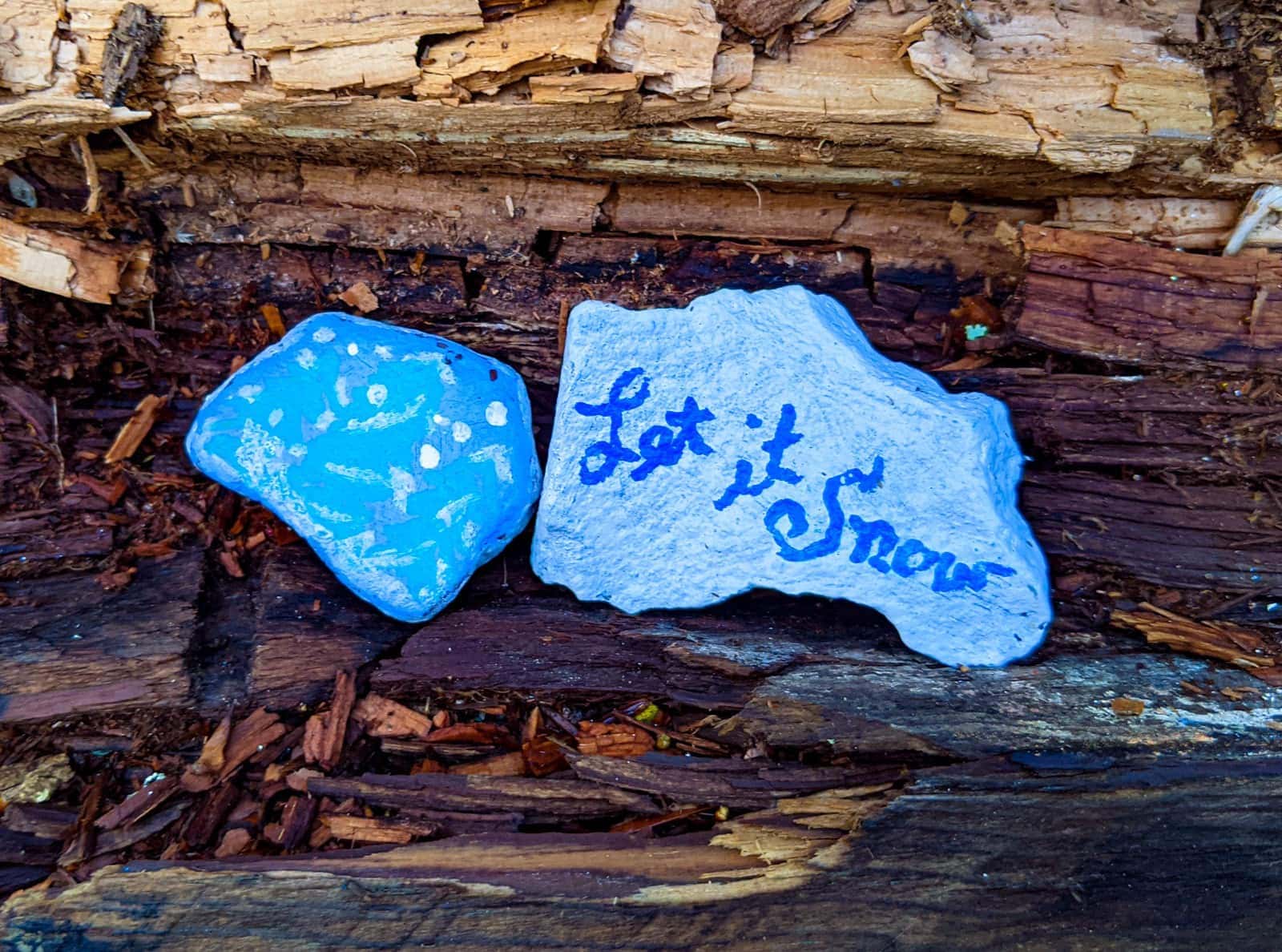Understanding your energy burn
If you haven’t yet, read the first two tips in the series, Obesity and A Warning About Diet Culture have a look.
And now we are going to talk about the thing no overweight person wants to talk about. CALORIES! What is that? A calorie actually?
First, a calorie is a unit of measure for energy, not food, and what we call a “calorie” when talking about food is actually a 1000 calories when talking about energy. 1 kiloCalorie, or (kcal). is equal to 0.000239006 of a joule. A gallon of gas has 31,000 kcal. 1 gram of uranium 235 has 19,870,900,000 kcal. I wouldn’t eat either. Bit it is to illustrate that everything has a caloric energy value, food or not.
Weight loss, or fat loss, which should really be the goal requires a calorie deficit. Weight loss means burning more fuel than you consume. Diet culture doesn’t like to discuss calories, but in any weight loss process the energy balance is a critical piece. Ignore it at your peril. The abhorrent cold truth of solid science is that you cannot consume more energy than you utilize and lose weight. Can’t. Sorry.
The second truth is that the calorie deficit is achieved easier nutritionally than through exercise. Most Americans could cut 500-1000 calories a day through better food choices. That same deficit would take hours to achieve through exercise, though exercise, or just say movement, is still a critical piece as well.
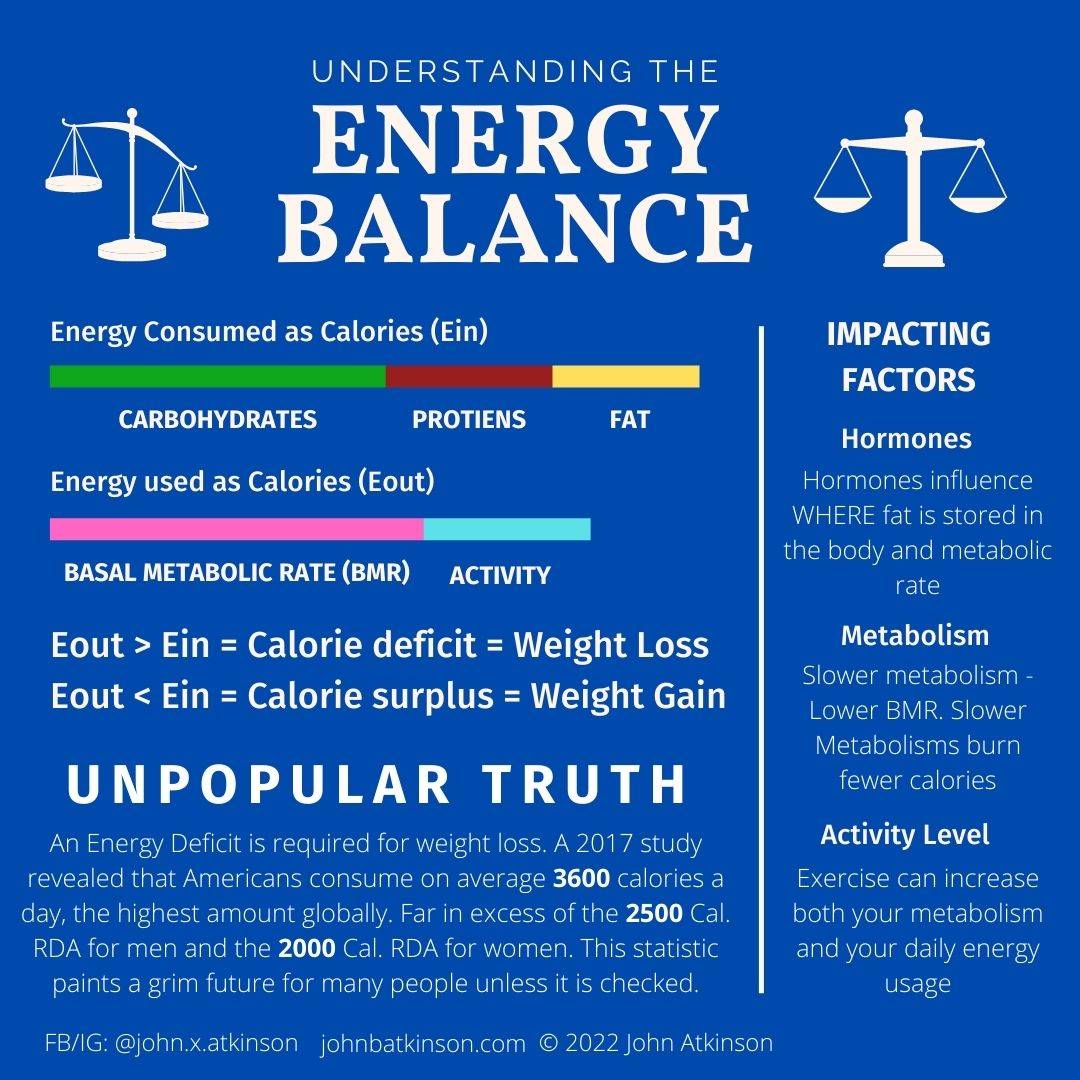
But I lost weight eating low-carb
Sure you did. BECAUSE, within those few carbohydrates you were eating was a natural calorie deficit. And that is why you lose weight while doing a ketogenic or low carb diet. Natural metabolic processes such as ketogenesis and etcetera contribute to how fat-loss occurs to be sure, however, body fat loss occurs because less energy is consumed than is expended: The Calorie Deficit.
Food and energy isn’t a mystery. No sorcery or witchcraft is used in determining the number on the food label.
Macronutrients have specific caloric values, regardless of where those nutrients are sourced. Here is the science:
- Carbohydrates: 4 kCal per gram
- Fat: 9 kCal per gram
- Proteins: 4 kCal per gram
The caloric value for macronutrients stands without regard to the source of the macro. Thus a gram of fat from an avocado and a gram of fat from a pork rib both have 9 kcal. Note that this does not make them nutritionally equivalent. It does mean they have the same energy value. Balancing macros and macros themselves are topics for multiple other articles.
For sake of the energy balance, these values are what they are. Looking now at the things that impact the energy balance for us as individuals. There is always stuff to think about.
Things that impact your energy balance
Your energy usage is determined by three basic metrics. Your Basal Metabolic Rate, or BMR, your Body Mass Index, or BMI and your activity level. Your BMR is the number of kCals your body uses just living and is impacted by:
- height
- weight
- age
- gender
- hormones
- activity level
The effect of these values are: the higher mass (BMI) your body has (height, weight) the more calories it needs. Lower BMI, fewer calories. Age has an impact as older people need fewer calories. Females need fewer calories than males. Your activity level impacts your metabolism. Hormones impact how and where fat is stored. Its all connected, and modern medicine is really just coming to grips with much of this body of information, with new info daily to process.
Lucky you, you don’t have to know all of that, or try and keep up with the latest research. One can geek all the way out on this topic, but for practical application in your own life, all you need to know is:
- How many calories (kCals) does my body need each day?
- How many calories do I need to consume to reach my goals?
- How do I maximize the nutritional value of that calorie allotment?
Answer those three questions and you’ll have harnessed the magic to fat-loss and sustainable weight maintenance after you reach your goal from a caloric energy standpoint.
The first to are easy. I have even provided a free handy-dandy tool for you to use right on this very page.
The third one? Takes work and continual modification. But it’s answerable.
I won’t lie to you. Look around. No ads on this site. I don’t want your money. I want you to live long and prosper. Very Vulcan of me. The diet culture people who do want your money may try to BS you with science-y sounding language and a product line.
This doesn’t mean that there aren’t legit people with your best interests at heart and products that can help you master the balance. I can recommend you to those people should you need such recommendation. Be understanding that the energy balance is the bedrock of weight maintenance. Your fat-loss journey begins with understanding the energy balance. Your long-term success depends upon it’s mastery.
Free Handy-dandy Energy Balance Tool
Step right up and get your numbers.
Related Articles
